Adhesives, Ceramics & Glass Manufacturing Companies
Industrial Materials & Adhesives
Adhesives and tapes, ceramics, glass, and graphite are all materials used in industrial settings including, but not limited to: aerospace, automotive manufacturing, chemical processing, electronics, pharmaceuticals, and wastewater. Adhesives, which include tape, can be generally defined as materials that bond surfaces together or unite them. The specific materials that can be used to serve this purpose are many, but among them are acrylic polymers, rubbers, epoxies like Bisphenol A, and plastics, particularly those made from thermoplastic resins. Most typically, though, the adhesives used for industrial purposes are either plastic adhesives or epoxy adhesives. Adhesives can have a wide range of strengths, material compatibilities, and physical features. Tape in particular can be manufactured with a wide range of widths, roll lengths, and strengths. Some, for example, are made for use with fabrics and fabric-based items, like loudspeakers. Others are made to join or adhere to items permanently, necessitating that they must be especially strong. This is true of adhesives like duct tape. Because they are universally useful, adhesives and tapes are extremely popular in just about every industry under the sun.
Ceramics, glass, and graphite are industrial materials with various levels of hardness and with a variety of different physical properties like electrical conductivity, corrosion resistance, and thermal resistance. They are all made or derived from different naturally-occurring and synthetic materials. Ceramics, for example, may be made from more traditional materials like kaolinite or more modern materials like aluminum oxide (alumina), tungsten carbide, and silicon carbide. Glass, on the other hand, is historically derived from silica, the main component of sand, but it can also compose of many other minerals and materials, like fluorspar, dolomite, limestone, fused quartz, and more. Graphite is a bit more straightforward than its peers. It is a native mineral, meaning it can be found in nature, it can also be produced synthetically. Mostly, it is found naturally occurring in China, Canada, Brazil, India, and North Korea. In general, all of the aforementioned industrial materials can be used in many different ways. They are often used to create different parts, both large and small, that contribute to applications like material handling, scientific research, machining, aircraft launching, and more. Also, all of these materials may be used in powder or grit form to perform abrasive media blasting. This is a process during which abrasive materials, like small glass beads, are forcibly projected in a stream towards a surface to smooth it, shape it, roughen it or clean it. As you may infer, ceramics, glass, and graphite are all typically tough materials.
The manufacturers with whom IQS partners are all experienced and skilled, and they offer a wide range of services, sure to meet the needs of a customer. Find out more about the individual categories within the “Adhesives, Ceramics and Glass” industry and those companies that offer services concerning them by scrolling down. Below you will find individual category descriptions and links to the external webpages of those manufacturers with whom we work.
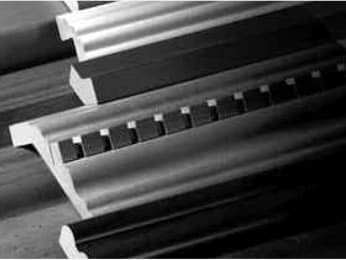
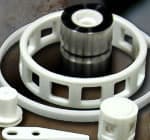
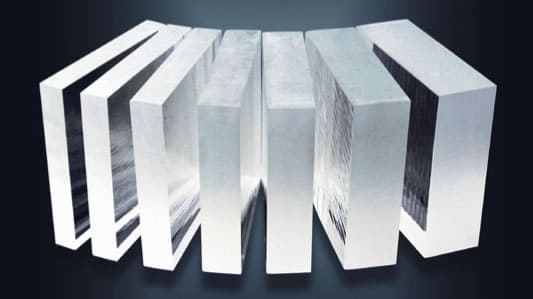
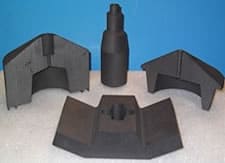
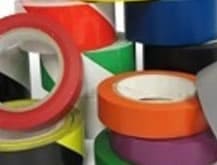
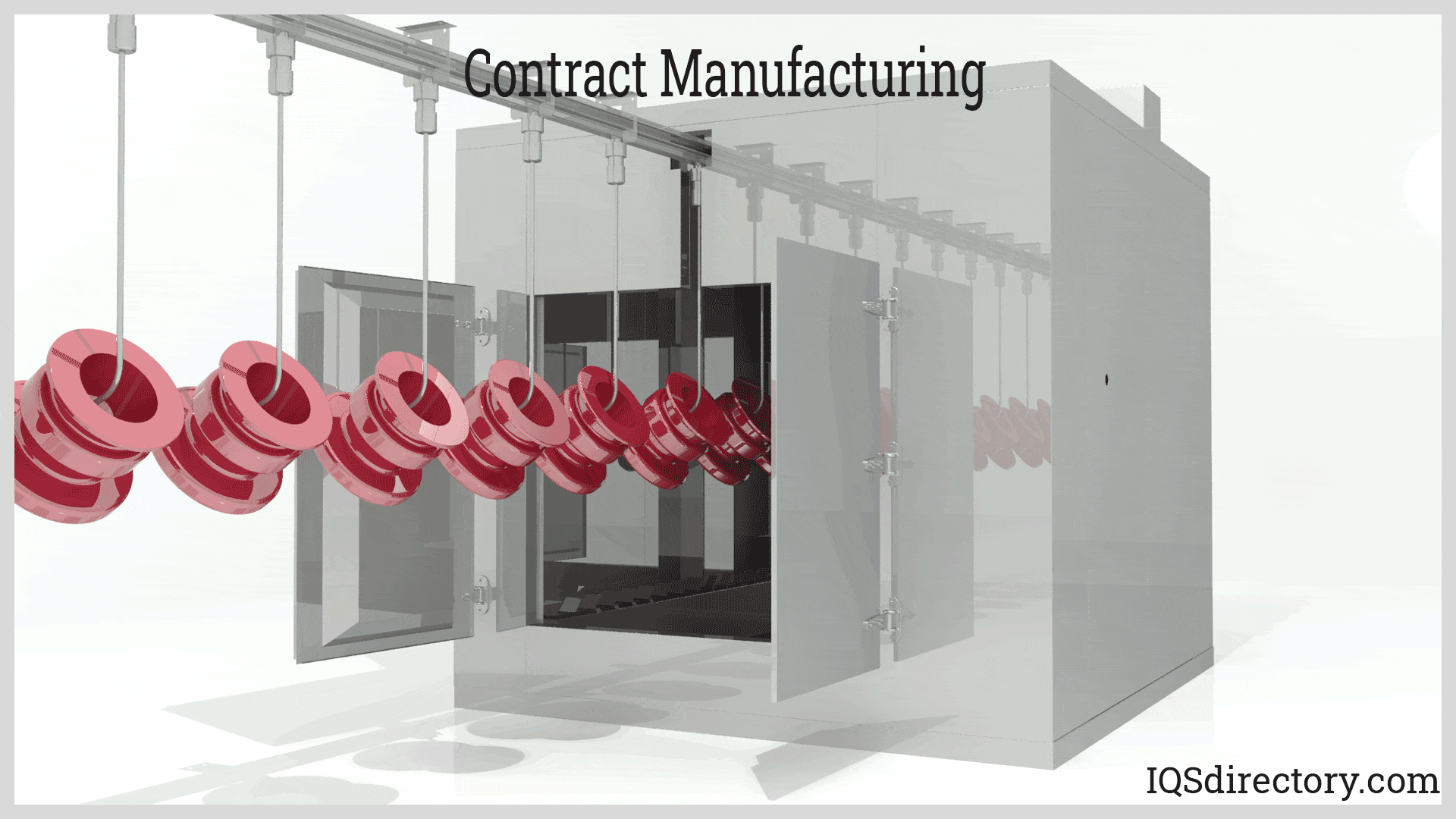
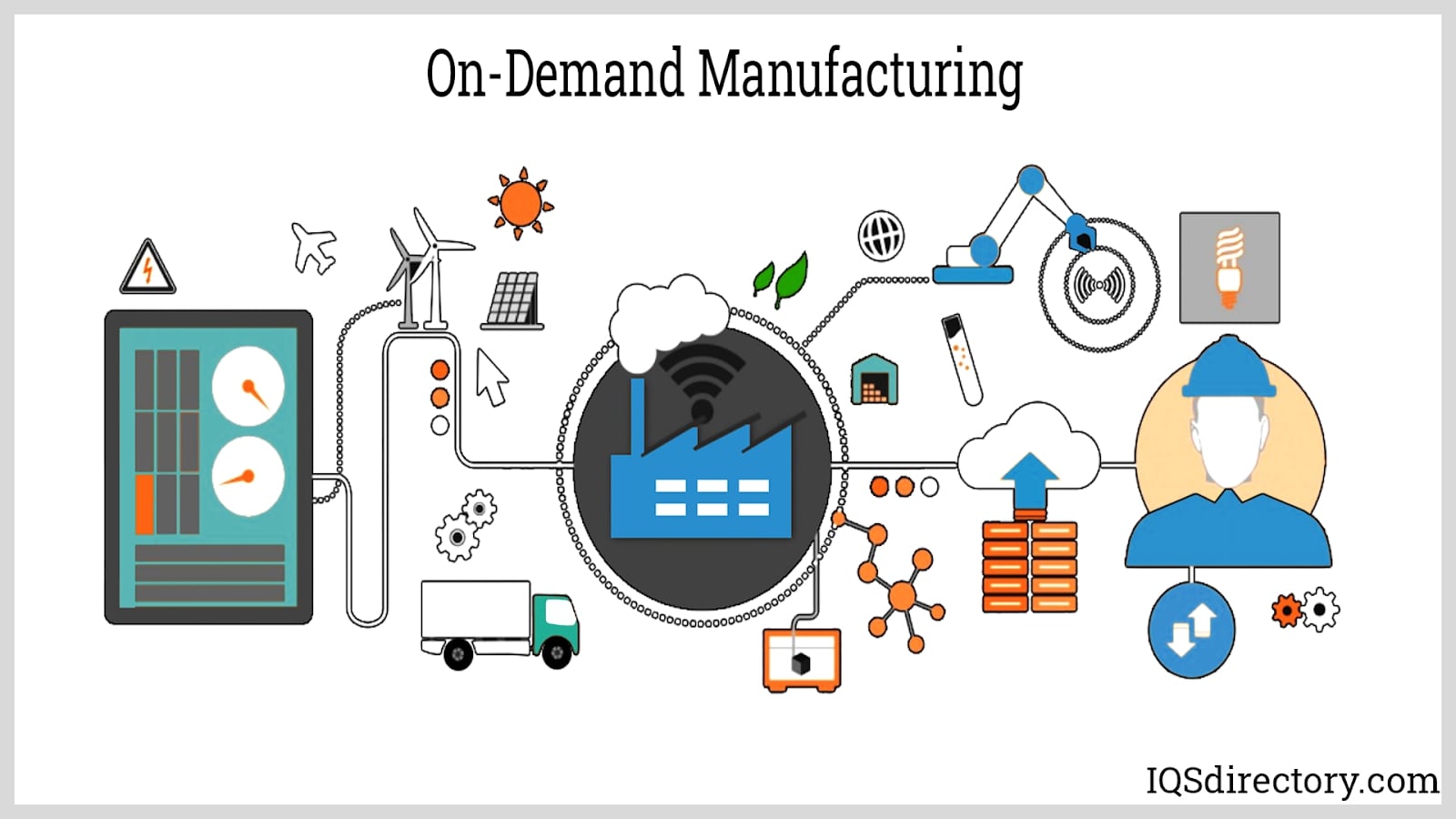
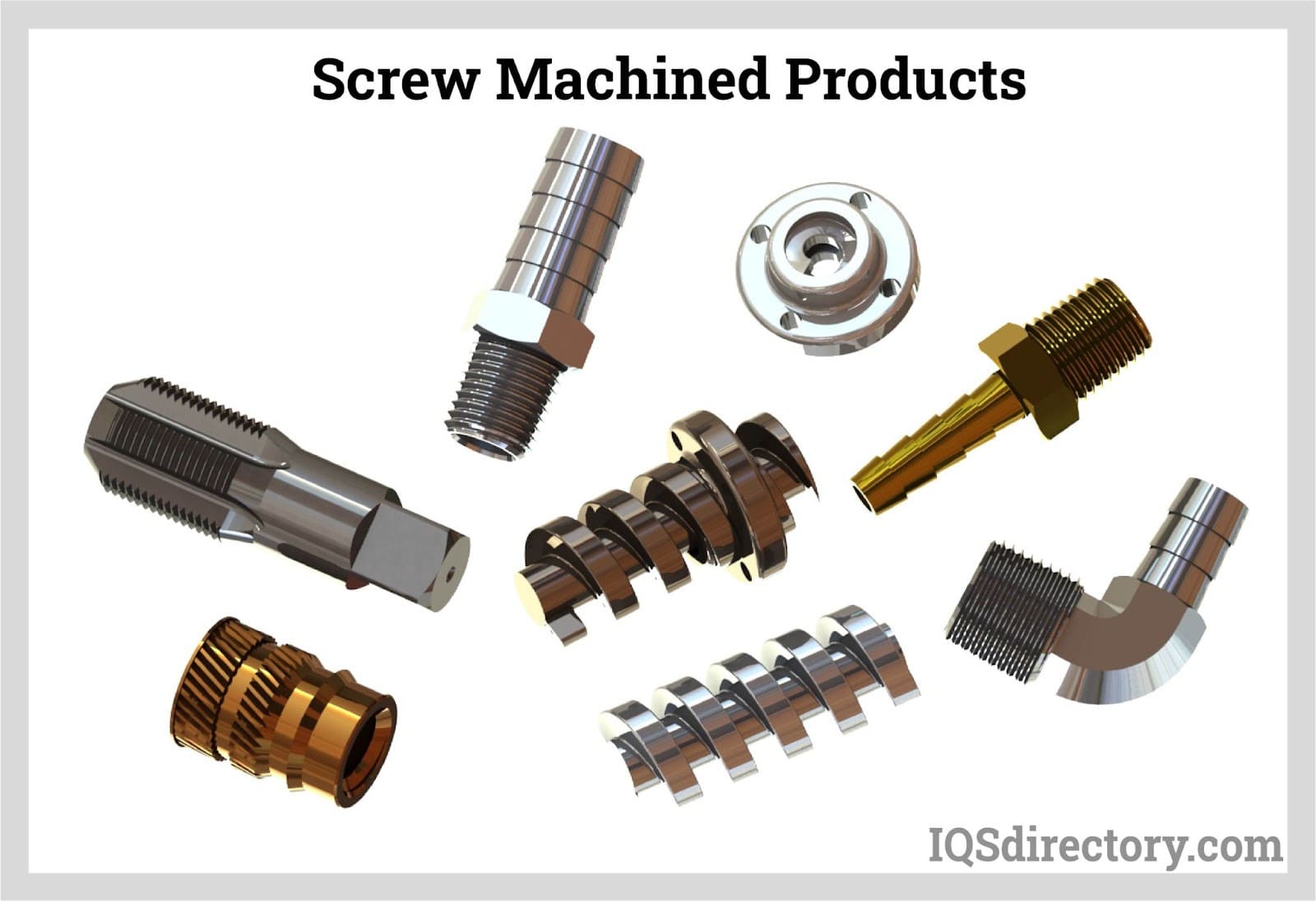
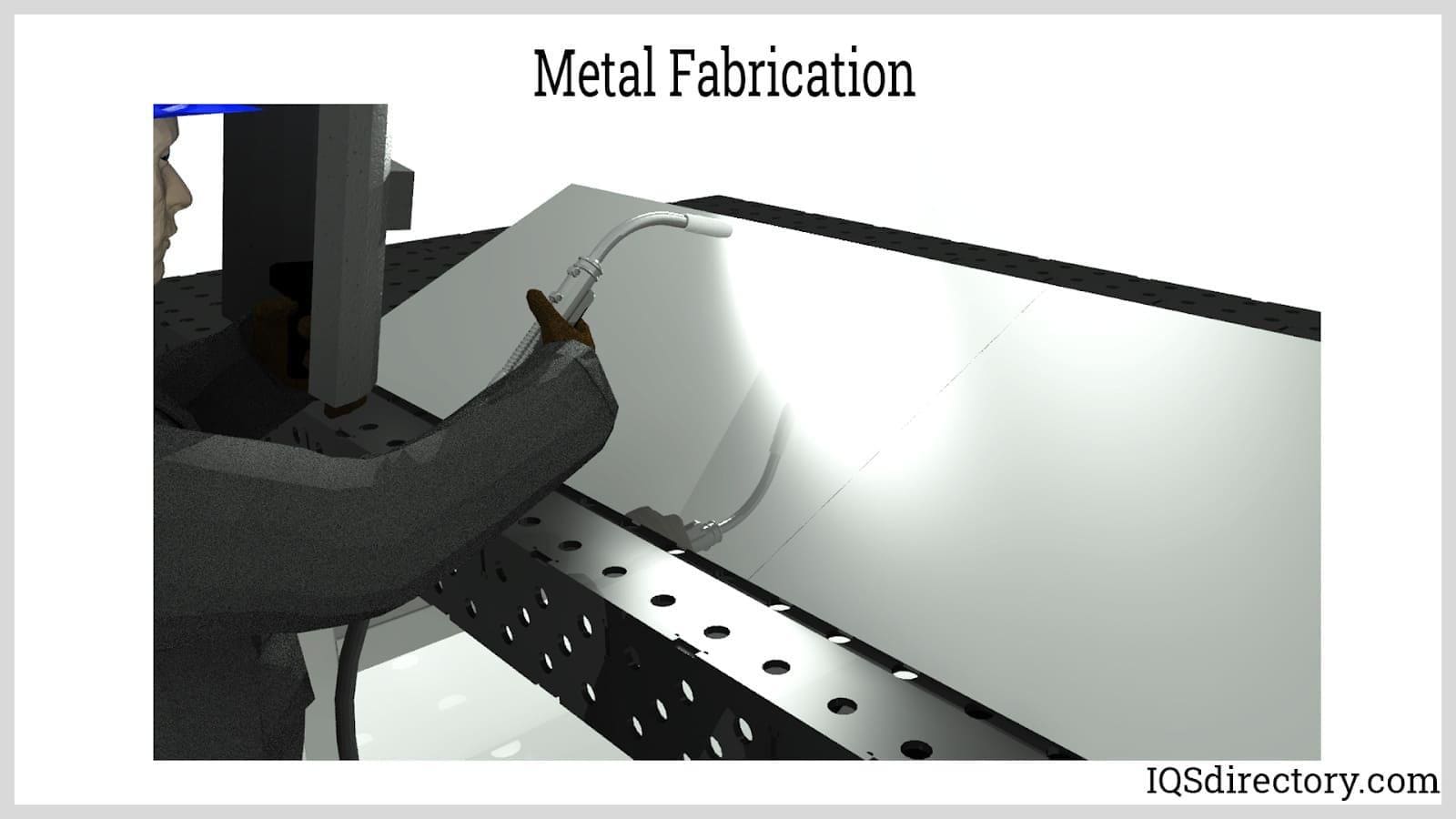
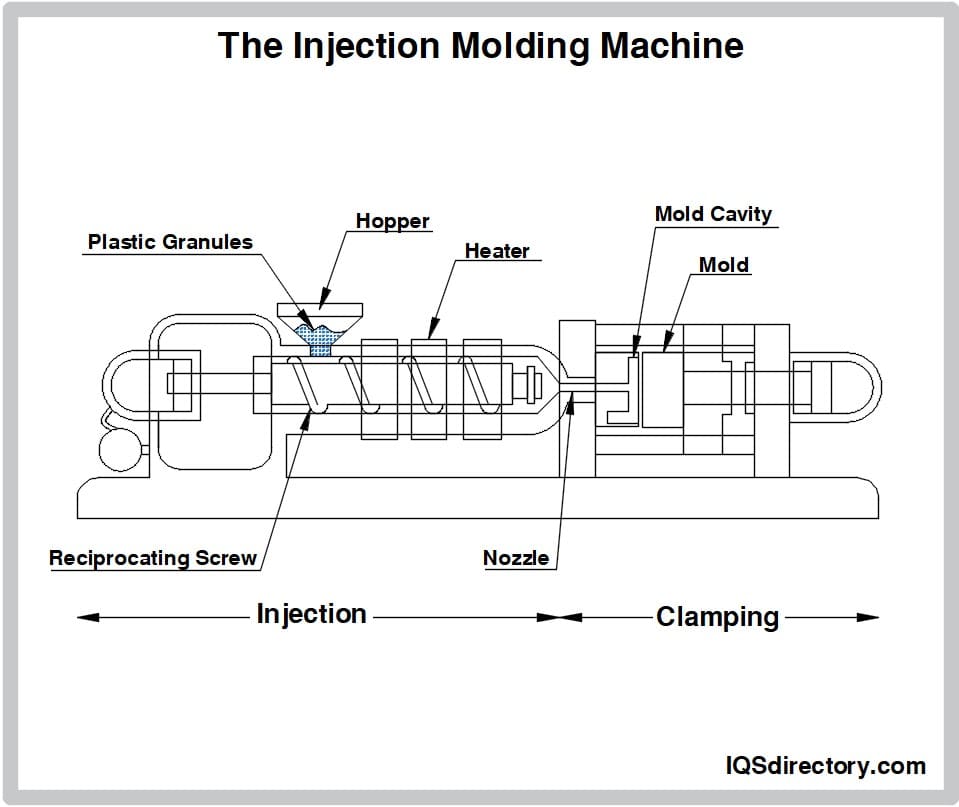
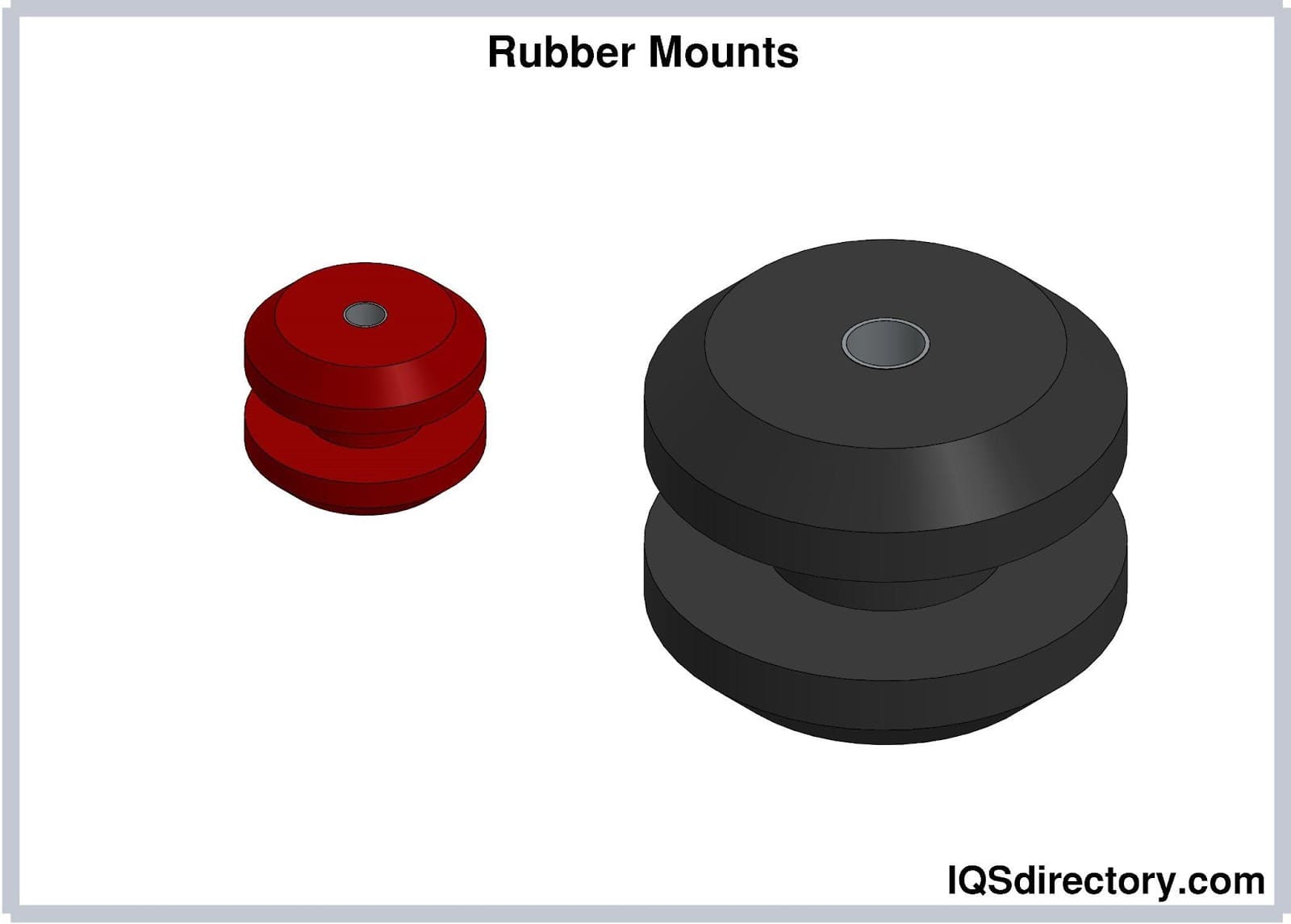
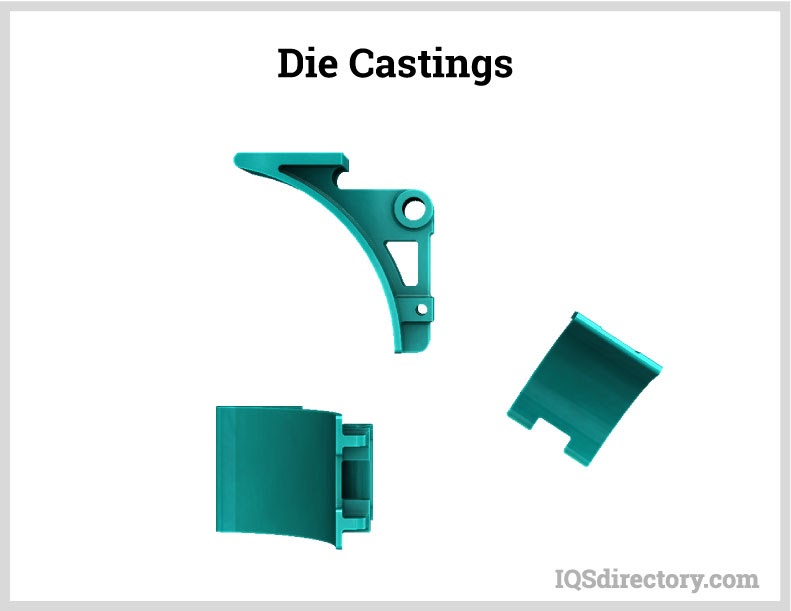
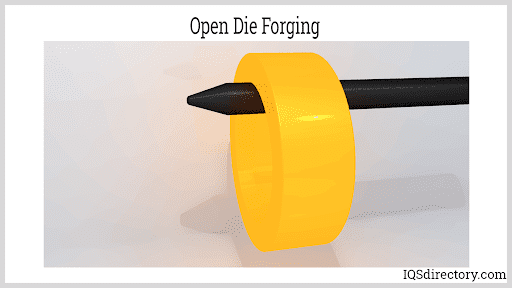
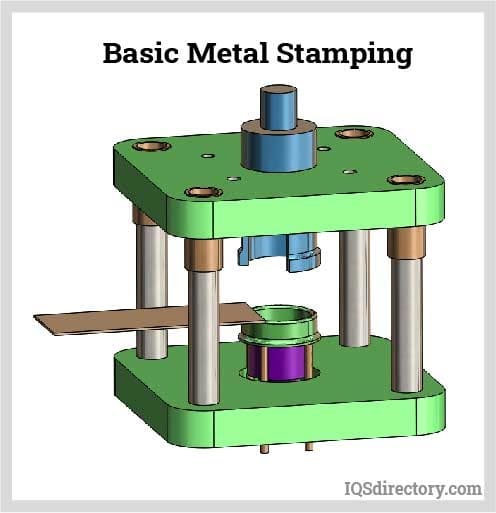
 Aluminum Extrusions
Aluminum Extrusions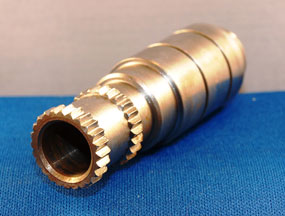 Broaching
Broaching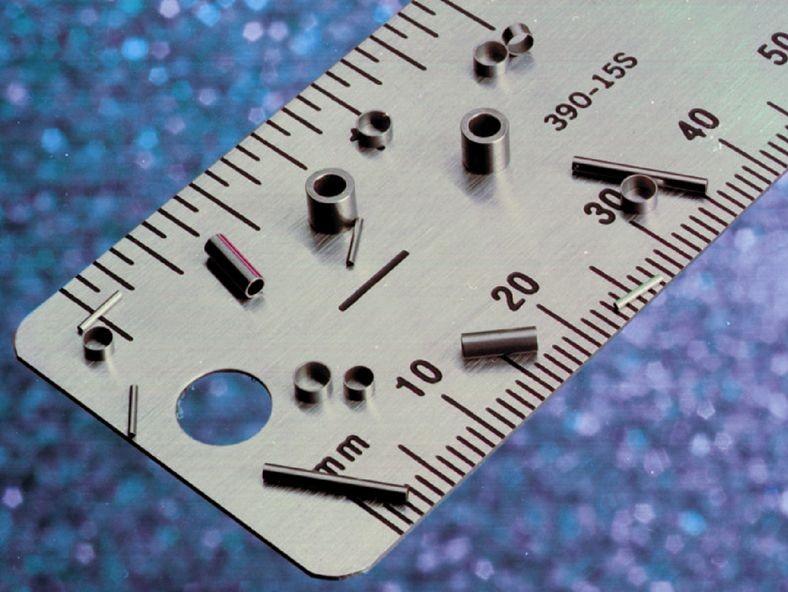 CNC Machining
CNC Machining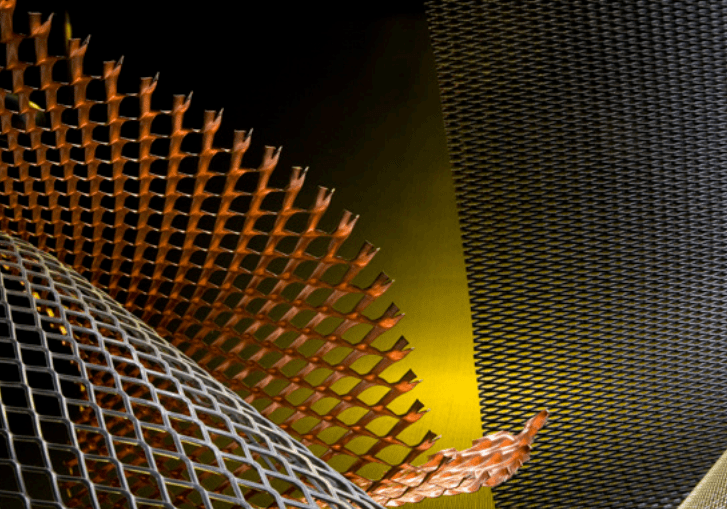 Expanded Metals
Expanded Metals Laser Cutting
Laser Cutting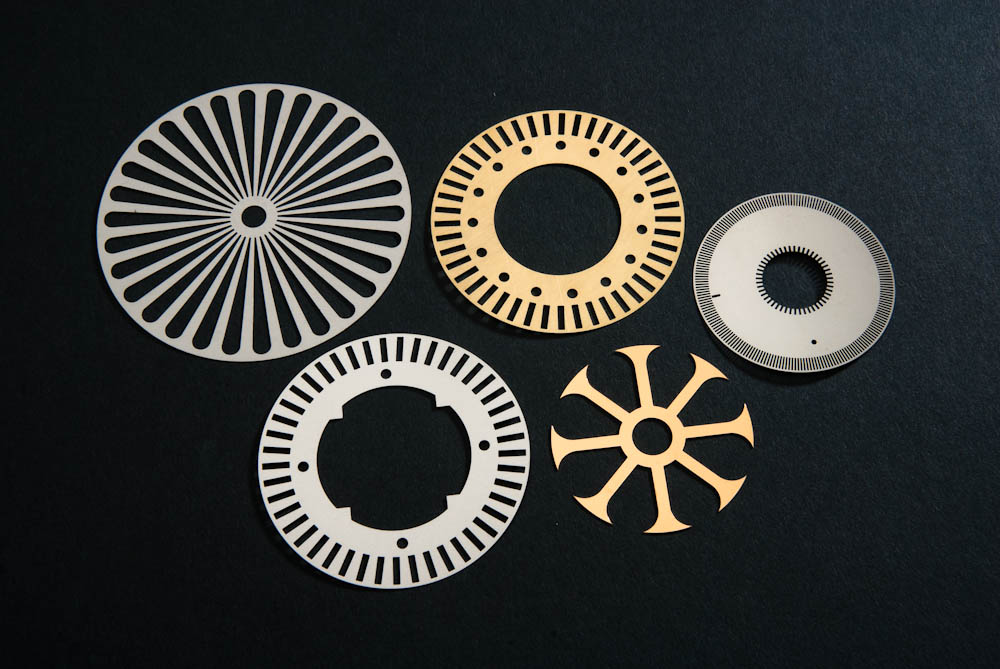 Metal Etching
Metal Etching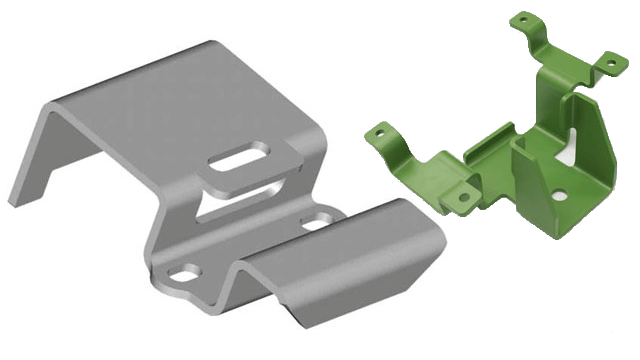 Metal Fabrication
Metal Fabrication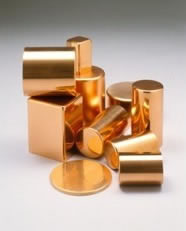 Metal Stampings
Metal Stampings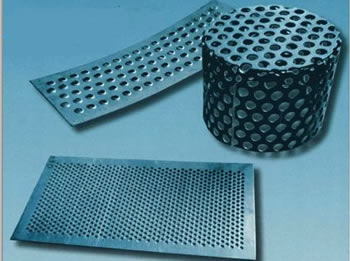 Perforated Metals
Perforated Metals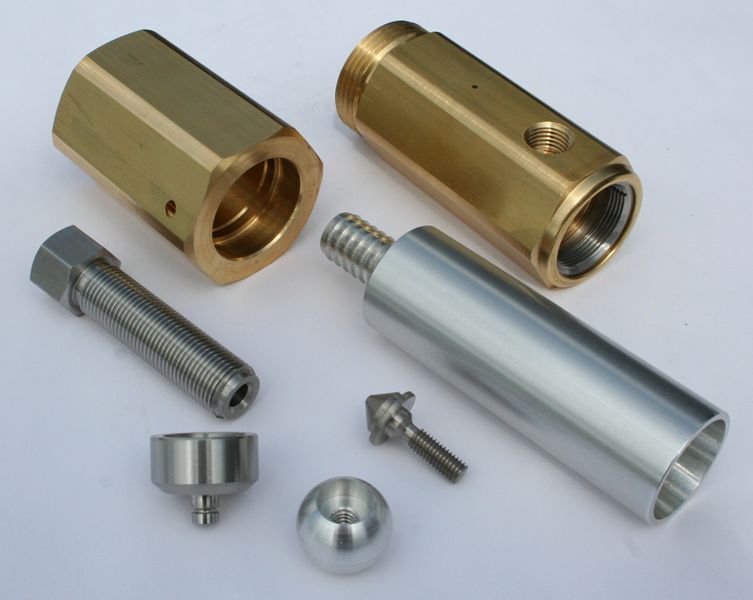 Screw Machine Products
Screw Machine Products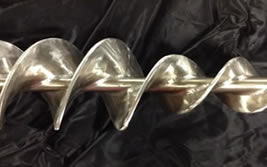 Sheet Metal Fabrication
Sheet Metal Fabrication Steel Service Centers
Steel Service Centers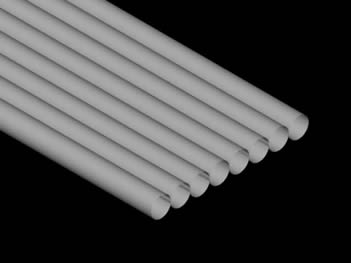 Tube Fabrication
Tube Fabrication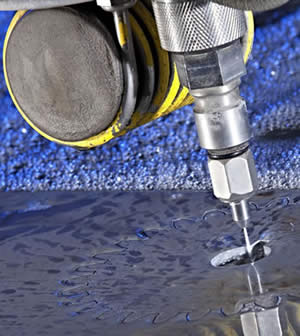 Water Jet Cutting
Water Jet Cutting Castings & Forgings
Castings & Forgings Bulk Material Handling
Bulk Material Handling Electrical & Electronic Components
Electrical & Electronic Components Flow Instrumentation
Flow Instrumentation Hardware
Hardware Material Handling Equipment
Material Handling Equipment Metal Cutting Services
Metal Cutting Services Metal Forming Services
Metal Forming Services Metal Suppliers
Metal Suppliers Motion Control Products
Motion Control Products Plant & Facility Equipment
Plant & Facility Equipment Plant & Facility Supplies
Plant & Facility Supplies Plastic Molding Processes
Plastic Molding Processes Pumps & Valves
Pumps & Valves Recycling Equipment
Recycling Equipment Rubber Products & Services
Rubber Products & Services